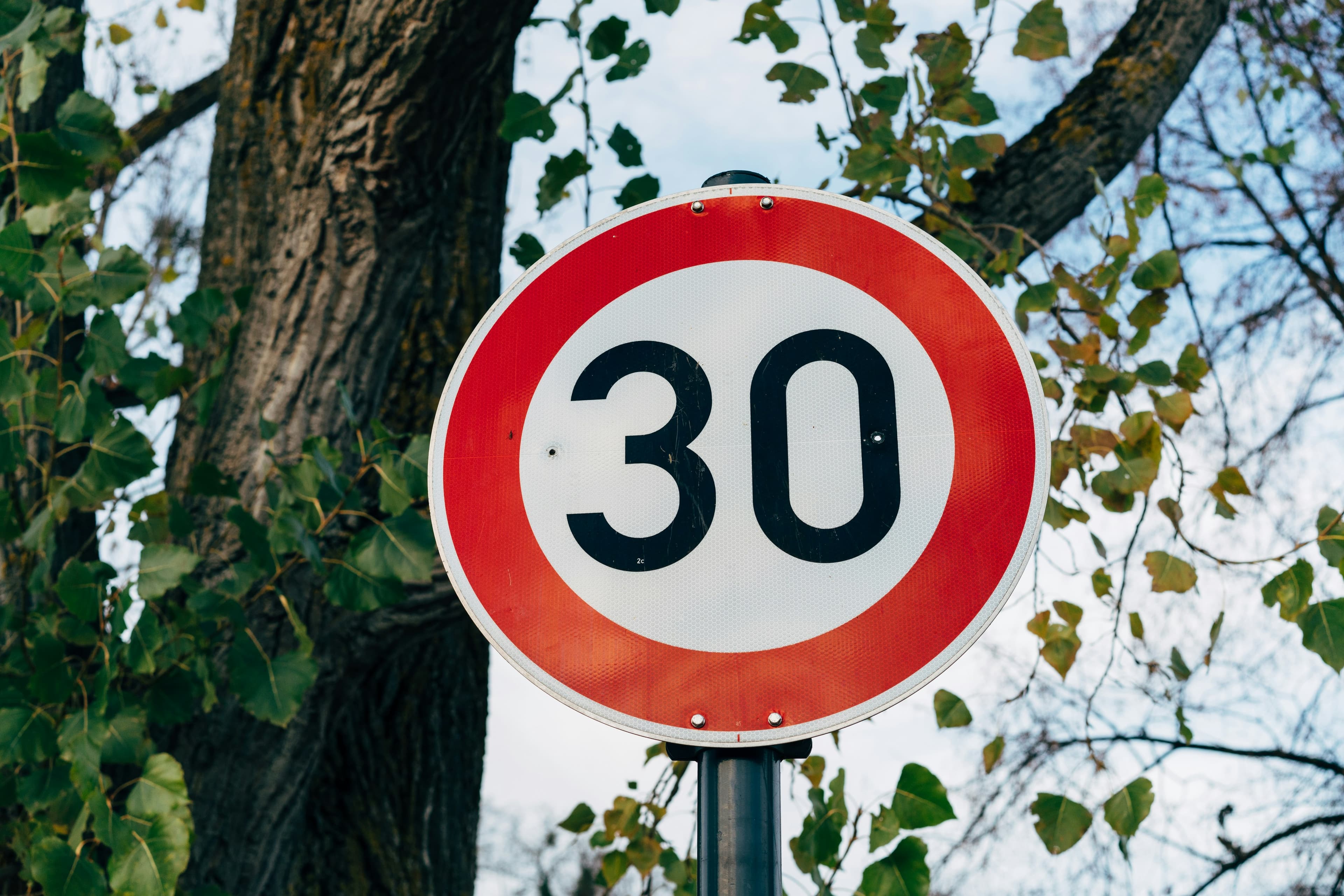Speeding and Rare Events
Rethinking Approaches to Curb Speeding
Speeding is a peculiar offense - one that is commonly observed, often perceived as minor, yet carries substantial social costs. For instance, if two cars collide at 80 km/h, the risk of casualties among the drivers and passengers is around 30%. But a mere 10 km/h increase in speed can double that risk.
Although there are many ways to prevent speeding violations, authorities typically rely on two main levers: the frequency of speed checks and the size of the fines. For example, in Denmark, as of 2021 when this article was originally published, the authorities have used more frequent speed checks and a 20% increase in fines.

However, are these strategies truly effective in discouraging speeding, and what are their associated costs? Insights from psychology and behavioral research hold the key.
Identifying the Optimal Approach
Consider a simple scenario with varying levels of speed check frequency and fine amounts. While infrequent speed checks and low fines are clearly ineffective, the tradeoffs between the other three combinations are less obvious.
Imposing high fines creates significant social costs - it breeds mistrust in authorities as citizens perceive unfair punishment and revenue-raising motives. Conversely, highly frequent speed checks come with obvious resource demands on the police.
Similarly, high fines coupled with infrequent speed checks also prove ineffective. So what is the optimal strategy to curb speeding?
Embracing 'Gentle Rule Enforcement'
Research on the perception of rare events indicates that people often underestimate the likelihood of such events and act as if "it won't happen to me." This cognitive bias is particularly relevant in the context of speeding, where the probability of being involved in an accident due to speeding is typically underestimated.
Recent studies have demonstrated that the frequency of enforcement matters more than the severity of punishment in reducing offending behavior, across various settings - from compliance with safety rules to handwashing in hospitals.
Experts recommend a "gentle rule enforcement" strategy consisting in small but frequent fines. This approach has been shown to be the best way to counteract our tendency to underestimate rare events while maintaining a positive public attitude towards the authorities.
Speeding is a socially costly offense that requires public investment to prevent. However, the data indicates that high fines are counterproductive, as their social costs in terms of eroded trust outweigh any benefits - and, most importantly, are behaviorally less effective. Instead, increased speed check frequency, through measures like more stationary cameras, can deliver the desired results less compromising the public sentiment.
You can read here the original article in Danish.